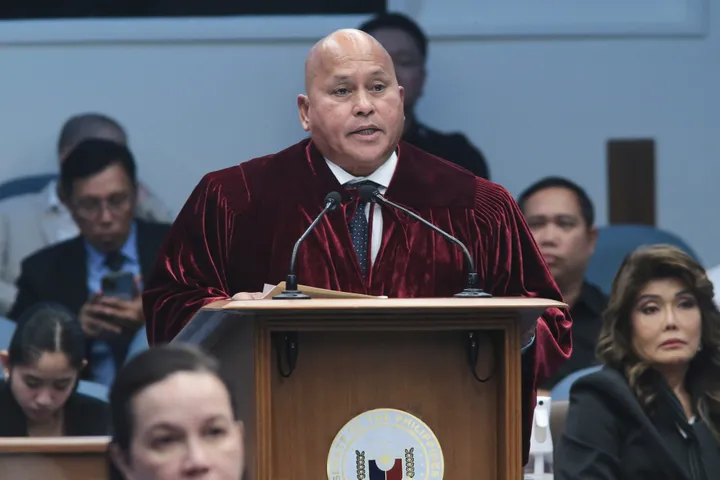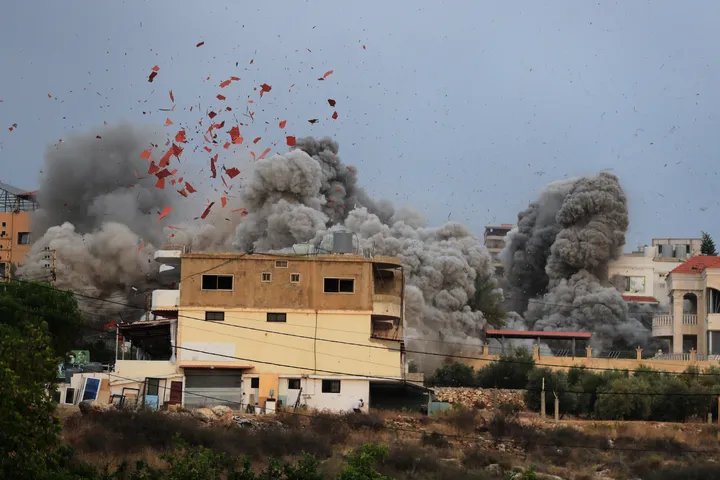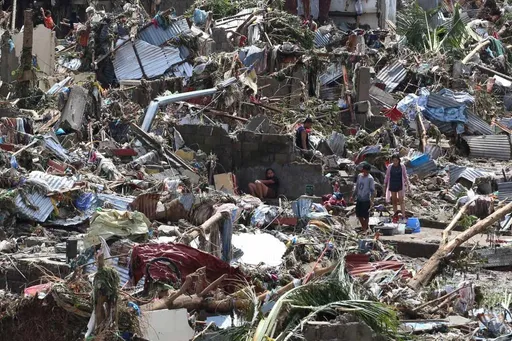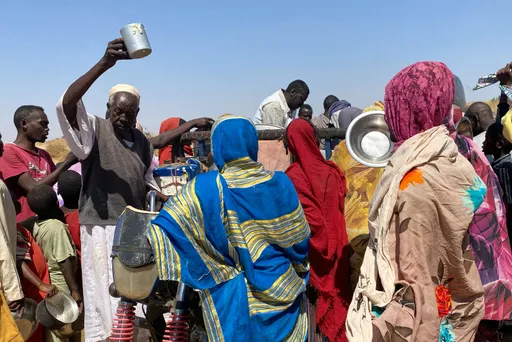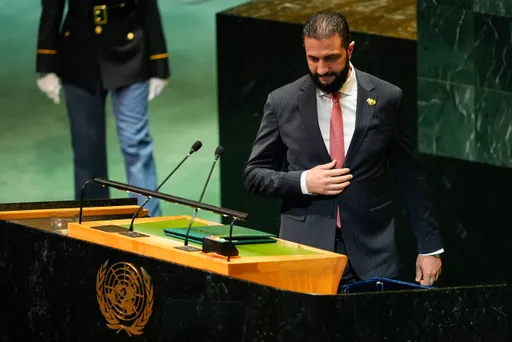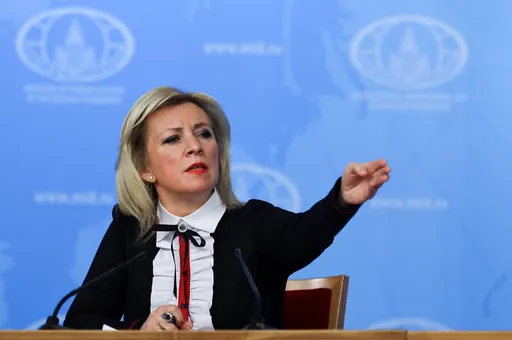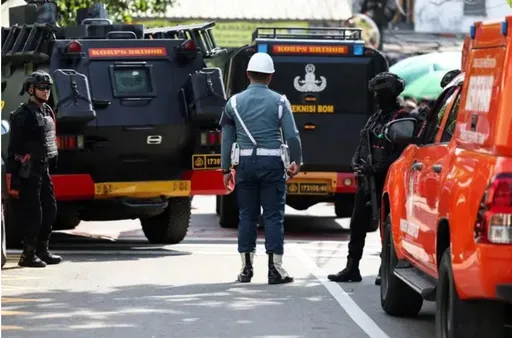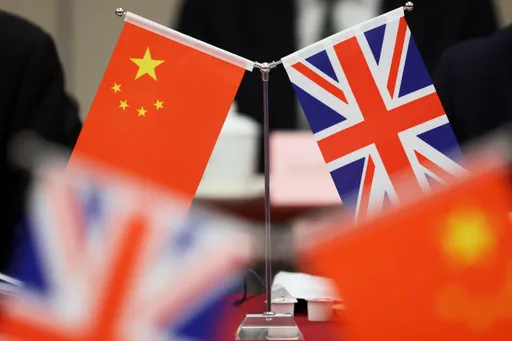The UN Security Council unanimously voted on Wednesday to lift a nearly decade-old arms embargo and targeted sanctions on Eritrea after a rapprochement with Ethiopia and thawing of relations with Djibouti.
The British-drafted resolution also urged Eritrea and Djibouti to work towards normalising ties and settling a border dispute. It asks Secretary-General Antonio Guterres to report to the council on progress by February 15 and then every six months.
The measures against Eritrea — which include a travel ban and asset freeze on certain people and entities — were imposed in 2009 after UN experts accused it of supporting armed groups in Somalia. Eritrea has denied the accusations.
TRT World spoke to Mohamed Haji Ingiriis, a research associate at the African Leadership Centre, at King's College London.
'Important step'
British UN Ambassador Karen Pierce said the resolution "recognises the improvements in regional peace and security."
"Not only is it a very important step for the countries in the region, I think it sends a helpful wider signal to the international community that if the right steps are taken sanctions can be lifted," Pierce said.
The Security Council currently has more than a dozen sanctions regimes in place, including measures on North Korea.
Eritrea's Information Minister Yemane Meskel posted on Twitter: "The Government of Eritrea welcomes this belated decision to redress injustice, almost a decade after nefarious acts were taken inculcating indefensible harm on the country."
Dutch UN Ambassador Karel van Oosterom told reporters that the council action provides Eritrea with a "good basis for improving the human rights situation." Eritrea has long rejected UN accusations of rights abuses, including alleged extrajudicial killings and torture.
The resolution also removes a requirement for countries to ensure that people or companies working in Eritrea's mining sector prevented funds from being diverted and used to undermine peace and security in the region.
In July, Ethiopia and Eritrea declared an end to their state of war and agreed to open embassies, develop ports and resume flights between the two countries after decades of hostilities.
"All this could mean Eritreans can live normally again. It could mean youngsters may not need to be soldiers again," Eritrean refugee Luwam, 27, said of the lifting of sanctions and the peace deal with Ethiopia.
"That is my hope," said Luwam, an Eritrean refugee who crossed into Sudan before making her way into Ethiopia last month.
Eritrea and Djibouti then agreed in September to work on reconciling.
Deadly clashes broke out between the Horn of Africa countries in June 2008 after Djibouti accused Asmara of moving troops across the border.
Both the United States and China have military bases in Djibouti.
The United Arab Emirates has a military base in Eritrea, which has been used as part of the Saudi-led offensive against Houthi rebels in Yemen, which lies just 40 km (25 miles) across the Red Sea from the Horn of Africa nation.
In a report to the Security Council last month, UN sanctions monitors signalled that a continuing expansion of the military base in Assab was in breach of the arms embargo on Eritrea because it did "not allow for military activities by member states involving the transfer of military materiel and personnel to Eritrean territory."
The United Arab Emirates UN mission said at the time the country was "in full compliance with the sanctions imposed." Eritrea refused to allow the UN monitors to visit the country.

